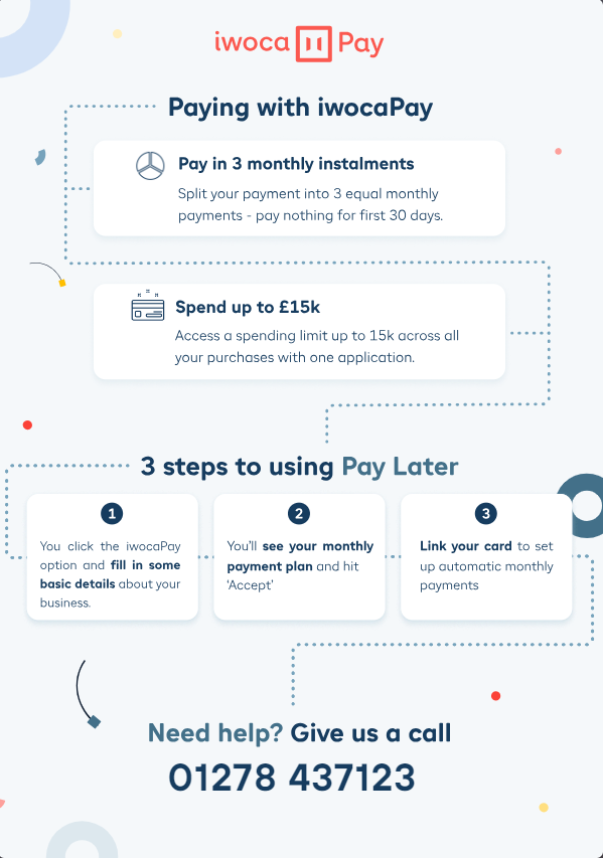- <
- Blog /
Net Zero Week 2024
1 July 2024
Net Zero Week takes place between 6th-12th July. It’s the UK's official national awareness week and the biggest net zero conference. Net Zero Week reminds us of our responsibility in achieving our commitments to tackle the climate emergency.
We’re making continuous improvements to be a sustainable and responsible business. From the materials we use to create our products to how we ship them to our customers. Are you a brand looking for ways to reach net zero? Here are a few tips from us as a business with a target to reach net zero in 2045.

Achieve third party certification
We chose Planet Mark to help us measure our scope 1 and 2 emissions and hold us accountable. We’re now working on our scope 3 emissions. We worked with Planet Mark because they specialise in carbon footprinting. But they also specialise in stakeholder engagement, communications and strategy. Everything we needed.
So, what do scopes 1, 2 and 3 mean?
Scope 1 involves direct GHG emissions from owned or leased assets. This will include fuel burned onsite. As well as gas, fleet (petrol and diesel) and emissions from manufacturing processes. Scope 2 is indirect GHG emissions. This will include emissions from purchased electricity and heat to power business premises.
Scope 3 includes all other indirect GHG Emissions from non-owned or controlled sources. This can include supply chain emissions. Such as products linked to deforestation or business travel. And emissions associated with waste disposal.
The help and certification from Planet Mark meant we can now offer full transparency to our customers. Any ‘claims’ we make, we can back with evidence. If B Corp is also on your radar, this certification process can hold you in good stead for that.
Transition to renewable energy
Switching to renewable energy can help your business achieve net zero. It does this by reducing carbon emissions. Renewable energy sources such as wind, solar and hydropower produce little to no greenhouse gases during operation, unlike fossil fuels.
We’ve already installed solar PV and are now working on our gas and electricity supply. This needs to be 100% from renewable sources. We will move to a supplier that offers this by the end of this year. As you’ll find out in our last point, you don’t have to do everything at once.
By implementing clean energy alternatives, you not only lower your carbon footprint, you can also decrease your dependency on non-renewable resources. This helps align with sustainability goals. Plus, investing in renewable energy can lead to long-term cost savings. As well as enhancing a company's reputation as a responsible business. This is only a positive for your customers, particularly those who are eco-conscious.
Manage your targets
Businesses can manage their sustainability targets by setting realistic, incremental goals. These are goals that should allow for gradual progress. Rather than attempting to overhaul everything at once. This approach involves identifying key areas for improvement. Such as energy consumption, waste management and supply chain practices. Implementing small, manageable changes over time.
Regular monitoring and reporting on progress ensure accountability and help refine your strategy. By breaking down the journey into achievable steps, businesses can work towards their sustainability targets. Fostering continuous improvements and making lasting, impactful changes without overwhelming their resources. Your customers will thank you for the transparency as well.
Head to our Responsible Business page to learn more about how we’re making changes towards that all-important net zero target.






